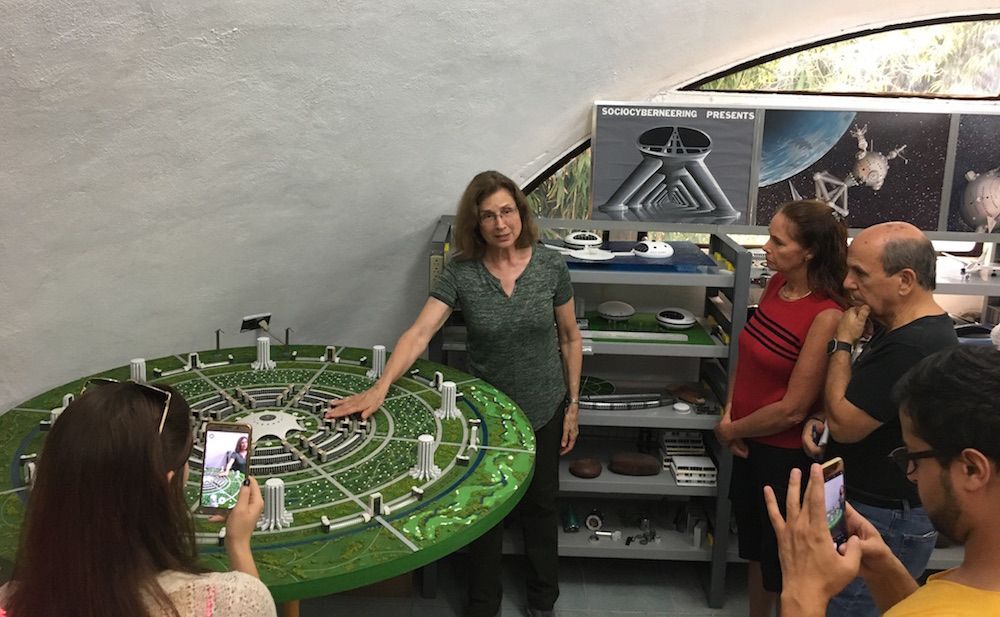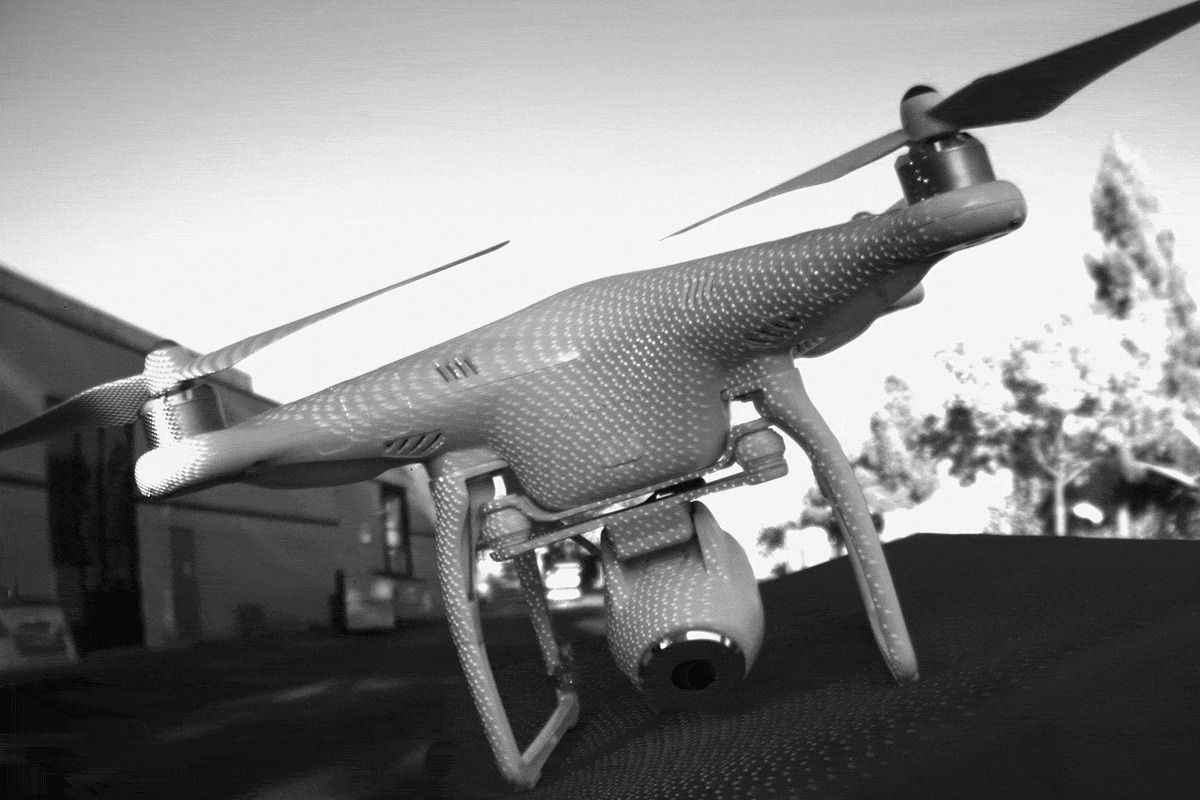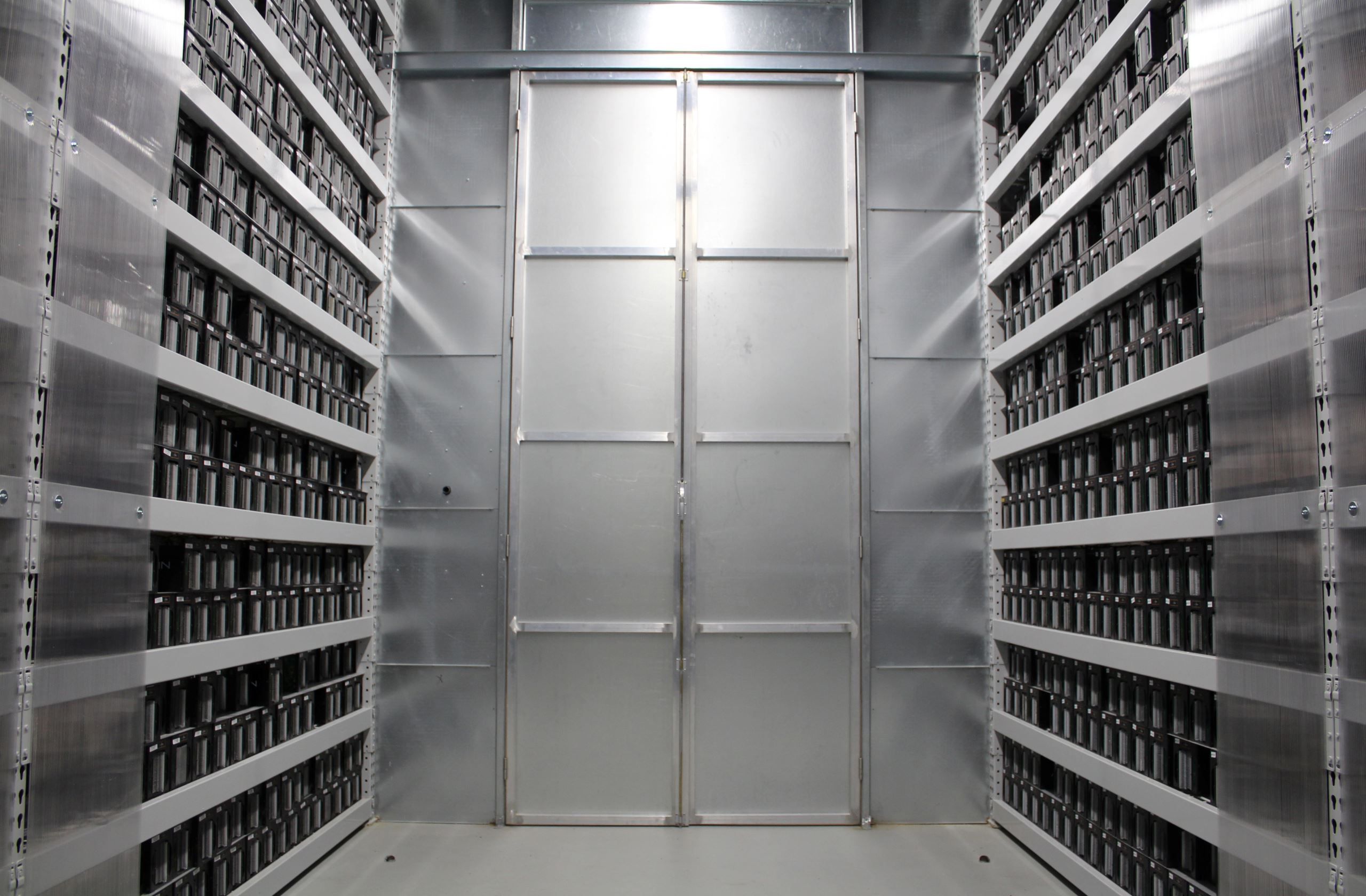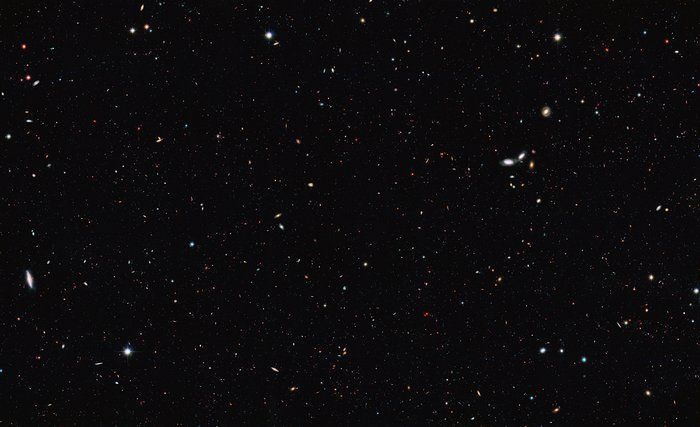Unfortunately I think the Pentagon is right. We are quickly heading into a dystopian future.
“Megacities: Urban Future, the Emerging Complexity,” a video created by the Army and used at the Pentagon’s Joint Special Operations University.
The video is nothing if not an instant dystopian classic: melancholy music, an ominous voiceover, and cascading images of sprawling slums and urban conflict. “Megacities are complex systems where people and structures are compressed together in ways that defy both our understanding of city planning and military doctrine,” says a disembodied voice. “These are the future breeding grounds, incubators, and launching pads for adversaries and hybrid threats.”
The video was used as part of an “Advanced Special Operations Combating Terrorism” course offered at JSOU earlier this year, for a lesson on “The Emerging Terrorism Threat.” JSOU is operated by U.S. Special Operations Command, the umbrella organization for America’s most elite troops. JSOU describes itself as geared toward preparing special operations forces “to shape the future strategic environment by providing specialized joint professional military education, developing SOF specific undergraduate and graduate level academic programs and by fostering special operations research.”










